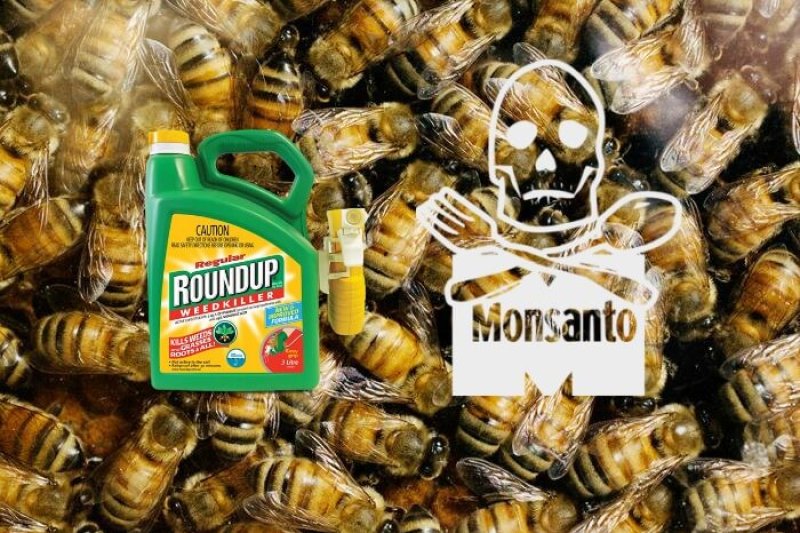The New Zealand honey industry has refuted recent claims of its products being unsafe for consumption in the wake of reports that over 20% of retail packed honey contains glyphosate residues, saying that these findings have been ‘over-sensationalised’.
The uproar stemmed from a report published by the New Zealand Ministry of Primary Industries (MPI) which performed analysis on some 300 honey samples …. and found that 62 of these samples (20.7%) contained glyphosate residues of glyphosate between the laboratory limit of reporting and current regulatory levels.
The ‘laboratory limit of reporting’ refers to the smallest concentration of a chemical that can be reported by the lab …. Going above regulatory levels would be different, as it would entail a definite food safety concern – but this did not happen here.
“None of the sampled honey that was available for sale had glyphosate residues above the regulatory limits and there are no food safety concerns at all …. ” Apiculture New Zealand Chief Executive Karin Kos told FoodNavigator-Asia.
…
[T]his statement has been met with derision by organisations protesting glyphosate usage …. “We should be learning from our history of food contamination with pesticides, not repeating the same mistakes. The banning of endosulfan in NZ in 2008 only came about because of the rejection by South Korea of New Zealand beef contaminated by that insecticide,” said Pesticides Action Network Aotearoa New Zealand Coordinator Dr Meriel Watts.






























